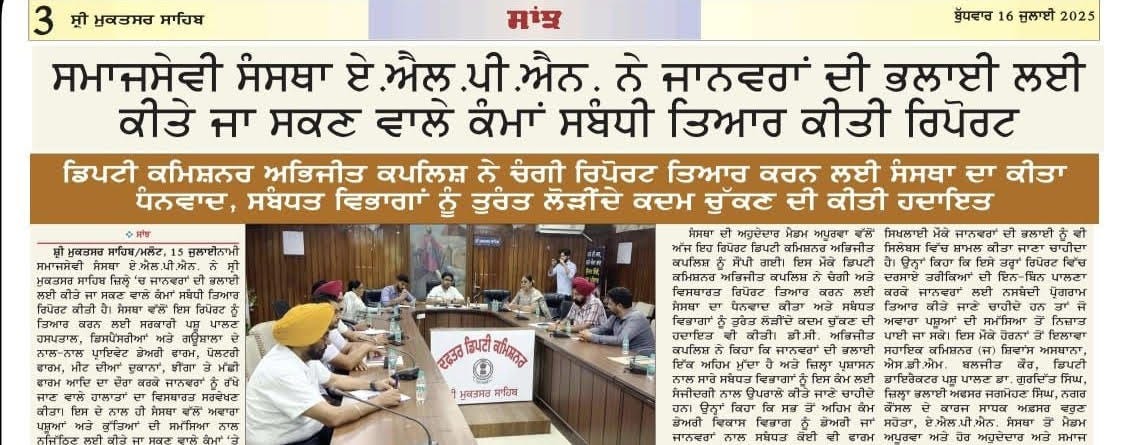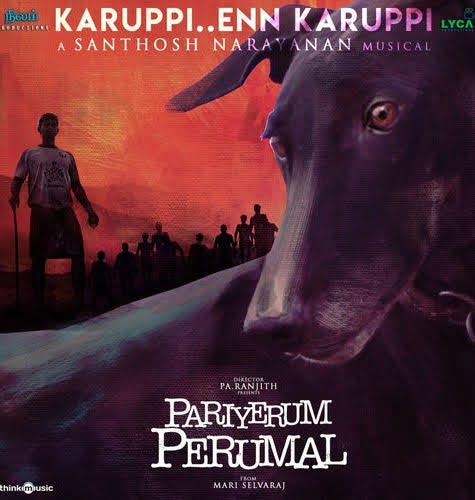Do Dogs get Press Briefings? | Note #5, Praani
'Two-legged or four, you wander this earth. You are me.'
Praani ki Kahani
Praani is a note by Agami on listening better to the voice of nature, ways of amplifying them, and finding pathways to bring them into our ways of governance. At Agami, we are deeply interested in how rivers, forests, animals, and even the winds and the stones, might speak into our deliberations on justice.
[This Note had originally gone out in August 23rd, 2025]
Offering For the Week
Do Dogs get Press Briefings?
Last week, the Indian pariah, a heritage companion of our land long predating us, entered the popular imagination as part of a fraught and emotionally charged debate. A Supreme Court order has called for the removal of all stray dogs from the streets of Delhi and the NCR. Orders from the Supreme Court ripple across the country, which raises a small but pressing query. If the law speaks, do dogs in Goa, Bombay, Kolkata, and Bangalore not deserve to hear about the fate of their NCR kin? Where is the canine press briefing, preferably in fluent woof with an appendix of tail swishes?
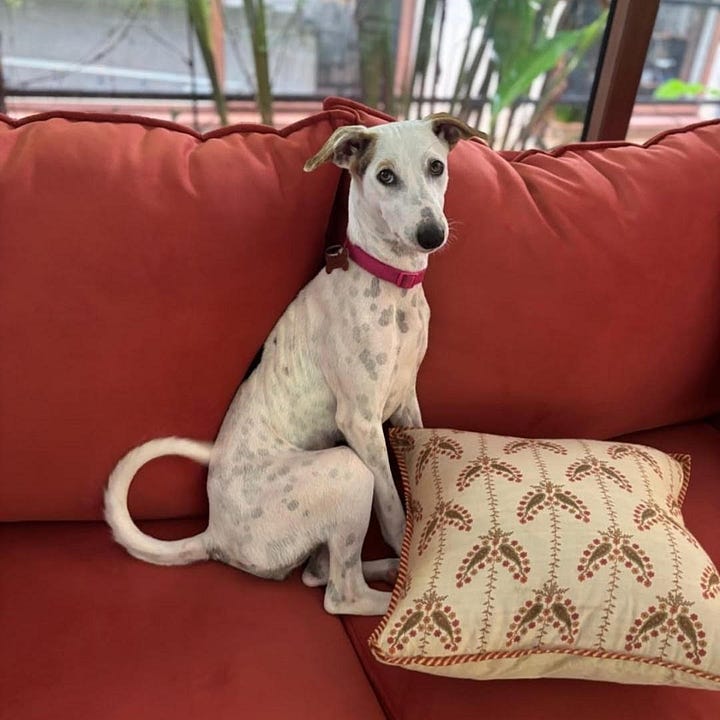
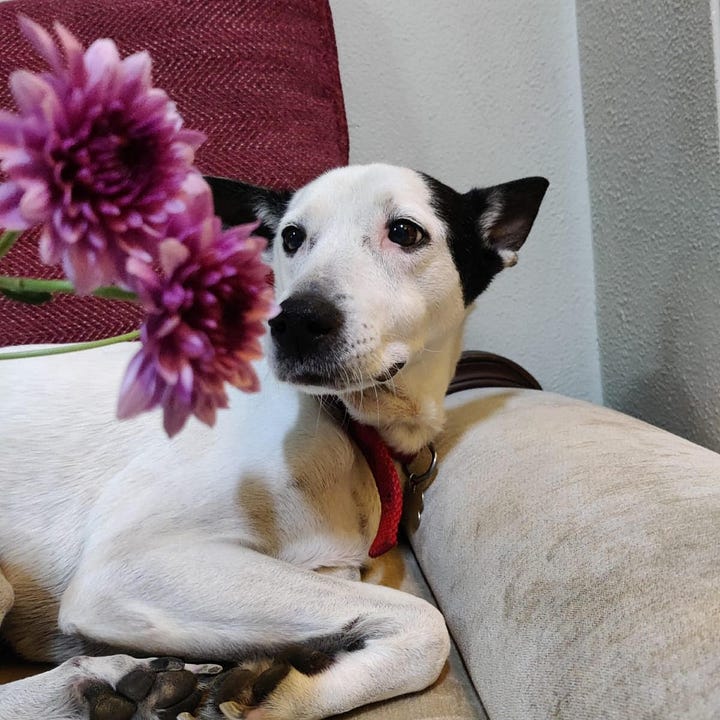
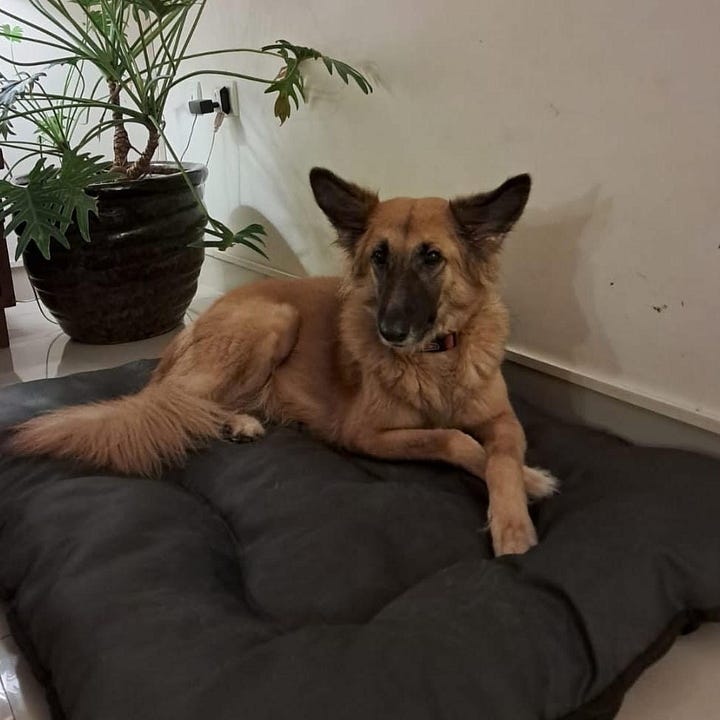

When the law speaks, can it wag a note to Goa, Bombay, Kolkata, and Bangalore too?
Signed: Mooli, Snowy, Begum and Sophie.
- Obo Dogs of Agami.
In the days that followed, Praani was drawn into the larger questions this moment raises. Who belongs in a city? How might coexistence be imagined? and what futures might take shape when law encounters non-human lives?
This led us to this week’s first offering: a TED talk by computer scientist Ilyena Hirskyj-Douglas titled What Happens When Your Dog Uses the Internet. Hirskyj-Douglas builds technologies that let animals control their own devices—from dogs choosing TV channels, to monkeys picking their favorite sounds (bizarrely sounds of heavy traffic), to parrots making video calls to their chosen friends.
What struck me most here, especially in light of the Court’s order, is how much we already govern not just the biological lives of animals, but their social lives. Stray dogs, suddenly displaced from their street corners and familiar packs, lose precisely that—social networks that sustain them. Hirskyj-Douglas’ work hints at an alternate imagination: one where animals, given tools, assert choice over who they meet, how they connect, and even whether they want to sing duets over video call.
Notes from the Field
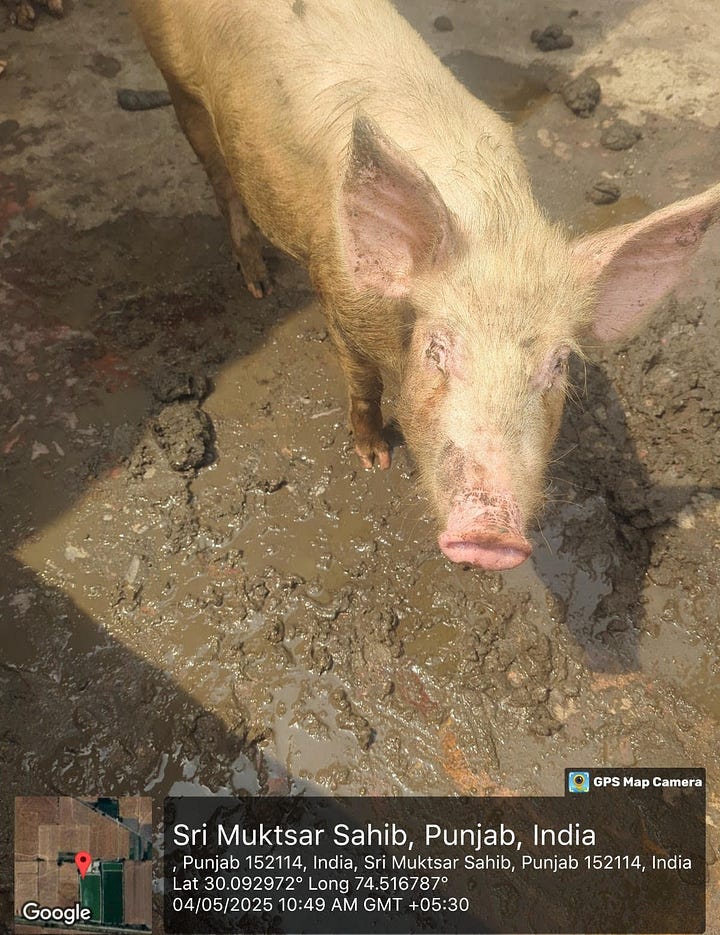
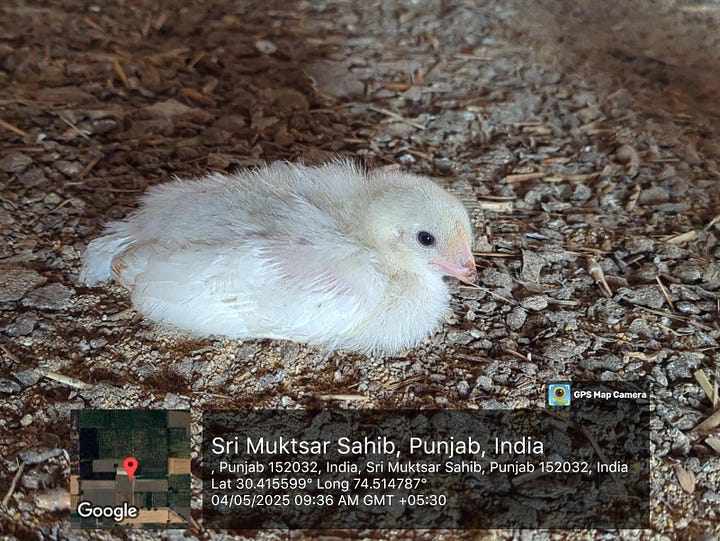
To really see animals’ biological and social lives, ALPN ran a first of its kind animal welfare audit in Sri Muktsar Sahib, Punjab. The report walks the district gently. It looks at community dogs and ABC needs, dairies and gaushalas, poultry and equines, pet shops and piggeries, fisheries, human and wildlife conflict, and the veterinary system that holds it all together.
A key takeaway of this is that an audit is a first step to map both the biological and the social life of animals. It shows who is there, how they live, and what breaks their day. It also points to a ready lever in law — the District SPCA under the Prevention of Cruelty to Animals Act. Headed by the District Collector and joined by officials and local citizens, it can monitor ABC rules, set up shelters and infirmaries, guide outreach, and coordinate enforcement. Multispecies justice can often seem utopian, but as the audit highlights one can do a lot with existing leverage points: checking if the district SPCA is notified and meeting, asking the Collector to convene it, joining as a member, carrying an audit-style checklist, and starting with one fix that matters locally. What ALPN did in Muktsar Sahib is ripe for careful replication across India.
Atreyo also spoke with Apoorva, the founder of ALPN, to reflect on the questions the Supreme Court’s judgment has raised. An abridged version of that exchange can be found here. What follows is a conversation on law, emotion, and how to act in moments of non-human justice.
Two-Legged or Four
While we ask who belongs in a city and how coexistence can be made real, we also mourn the voices of non-humans that struggle to find their way into our justice systems. To close, a lament for Karuppi, the village dog which died after being tied to a railway track. The song is Karuppi from Pariyerum Perumal, a film of unbearable beauty and grief. The song, from the movie closes with an oppari: Two-legged or four, you wander this earth. You are me.




